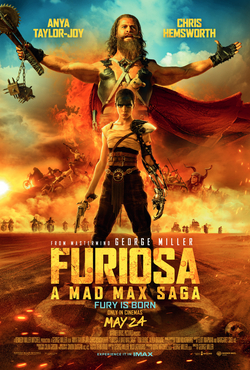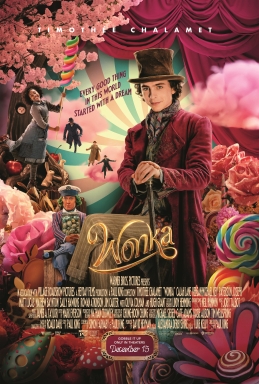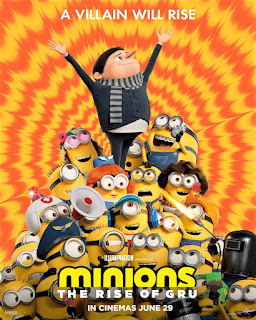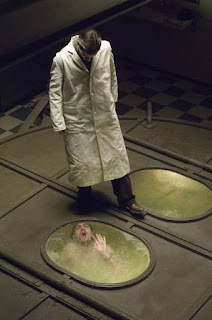I think that one can enjoy a film that is not good. Such is the case with Dirty Dancing: Havana Nights. I was expecting a disaster, yet Havana Nights ended up being pleasant. I did not say good. I did not say Havana Nights is anywhere close to the original Dirty Dancing. I said, "pleasant", which is in the end works at least for me.
It is November 1958. Katey Miller (Romola Garai) is unhappy about having to move to Cuba. She is there because her father Bert (John Slattery) is working there. As such, the entire Miller family has to move to the tropical paradise: Katey, Bert, his wife Jeannie (Sela Ward) and Katey's younger sister Susie (Mika Boorem). Susie easily fits into the other young American expatriates like James Phelps (Jonathan Jackson), whose father is Bert's boss. Katey, more intellectual, does not mix well in this circle. She especially does not fit in with mean girl Eve (January Jones).
Katey does have an easier time with hotel waiter Javier Suarez (Diego Luna). They meet when she accidentally knocks out his tray and gets berated for "his" clumsiness". Javier, who does speak English, is the son of an opponent to the current Batista regime. Javier's brother Carlos (Rene Lavan) is a supporter of Fidel Castro and the revolution. Javier is nominally sympathetic, but he would rather be at La Rosa Negra, where he can free himself in sultry Latin dancing.
As Bert and Jeannie were once skilled dancers themselves, Katey has some background in the art of movement. She also finds Javier's world more exciting than the WASPish world people like James and Eve live in. A dance competition piques her interest, especially with a chance for the winners to go to America. Taking the advice of the hotel dance instructor (Patrick Swayze), Katey eventually talks the now-fired Javier into being her partner.
How much of a partner will the erotic Latino become? Will the Millers find the prospect of a Cuban boy squiring their daughter a pleasant one? Will the impending revolution upend all their lives? Will Katey and Javier win the dance contest?
As I reflect on Dirty Dancing: Havana Nights, I think that Boaz Yakin and Victoria Arch's screenplay (from a story by Kate Gunzinger and Peter Sagal) pretty much drew from the original Dirty Dancing. It is almost a surprise that Javier didn't go up to the Miller table and say, "Nadie pone Bebe en una esquina". You have the opening voiceover. You have the parents and two sisters, one bookish, one flirtatious. You have the luxurious hotel setting. You have the guy from the wrong side of the tracks with the moves. You have the young man that the parents would prefer for their older, bookish daughter. You have a dance rehearsal montage. You have a climatic dance.Granted, there are some differences: you did not have revolutionaries attempting to kill people at Kellerman's Resort. Overall, though, Havana Nights is a bit of a Dirty Dancing clone.
Things get more complicated when you see Patrick Swayze in Havana Nights. Technically speaking, he is not recreating his role as Johnny Castle. He is not billed as "Johnny Castle" but as "Dance Class Instructor". He appears briefly in the film, giving Katey a pep talk and cheers our dancers on the sidelines. I think people assume that Swayze is playing Johnny Castle, but he is strictly speaking not. I do not know exactly why Swayze could not be Johnny Castle. He could have served as a mentor to both Javier and Katey. Instead, his character, whatever he was, was just there and could have been cut out.
In terms of performances, Havana Nights does not ask much from our cast. Romola Garai makes a valiant effort, but sometimes her British accent slips through. It would have been easier to have made her an American who grew up in Britain with her family having lived there before being transferred to Cuba. That way, she could speak in her natural voice versus trying to sound like an American. To be fair, Garai's American accent was serviceable, though not always convincing. She was fine as the hesitant young girl who discovers the rhythm of the island.
I cannot say that Garai and Diego Luna had chemistry, but they were fine with each other. I find it slightly amusing to see Luna in something like Havana Nights. I do not know if in retrospect, he is particular about being a Mexican playing a Cuban. He was fine in the part of this working-class man who found freedom in the steamy Havana clubs. I think he did as well as he could with what he was given.
Both Jonathan Jackson and January Jones early in their careers were all right in their roles. I think it might have been better if Jackson's James had not taken a particular action against Katey and been more a dupe than a semi-villain. Jones' efforts to be the mean girl were again, fine, but she was not given much to do.
The real crime is against Sela Ward. She is a talented and beautiful actress who somehow just did not become the star that she I think could have and should have been. While she has done well on television, Ward has never fully broken into film. Havana Nights misused her. I would not go so far as to say that she is miscast. I will say that her efforts to be snobbish and hostile towards Javier and Katey fell a bit flat. It is as if Ward was trying too hard to be harsh. Slattery looked slightly sleepy in the role, but in fairness when he and Ward take to the dance floor, they do look nice.
A major compliment that I can hand Havana Nights is in its soundtrack, full of good Latin music. I cannot extend that to the dance sequences. Guy Ferland filmed some of them poorly, using many midlevel shots and spins, sometimes cutting excessively. While we did get some good numbers, the training montage felt choppy. Worse, we did not get Garai and Luna in full-form shots.
I did find the ending curious. It is ostensibly a happy ending, with everyone going to La Rosa Negra shortly after Batista flees. Are we supposed to believe that everyone is celebrating Castro's takeover of Cuba? Maybe Luna in real life thinks this is a wonderful thing. I would have thought it would be more realistic to think that the Millers would have fled in terror versus hitting the clubs.
I did not end up hating Dirty Dancing: Havana Nights. It is inoffensive. Yes, it has no reason for being, coasting on the Dirty Dancing name and being a prequel in name only. Still, if you go into Dirty Dancing: Havana Nights, you could end up Havana good time.
Sorry, I could not resist.
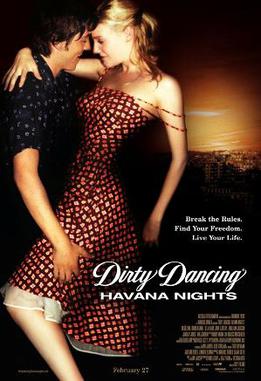


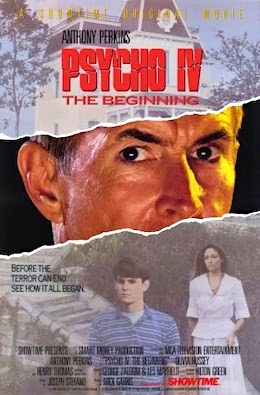










_poster.jpg)


